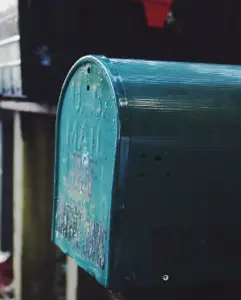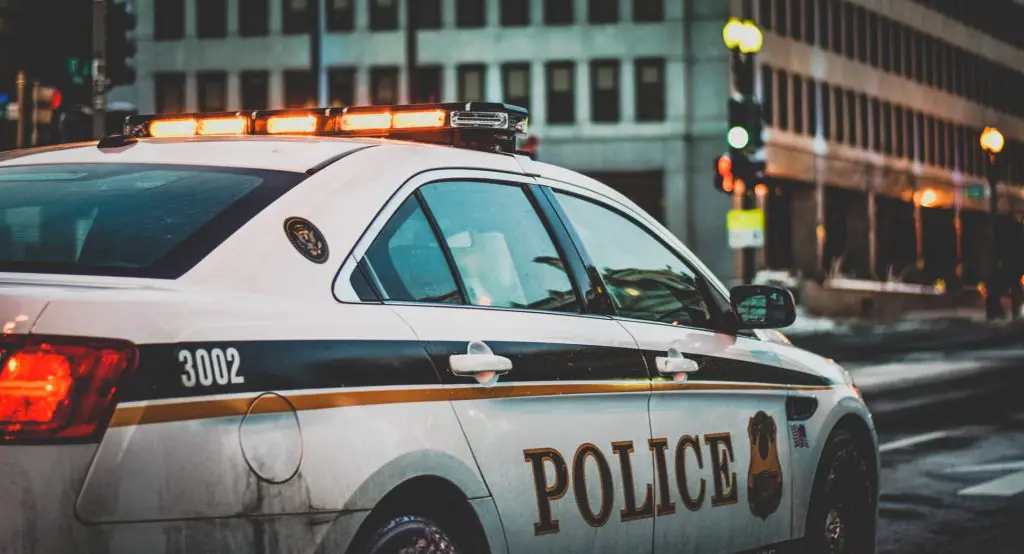You were admittedly in a hurry. It was fifteen minutes after you were already supposed to be at work, and you have already been in trouble for being late more than once. Unfortunately, you didn’t even see the cop car until you blew right past it. Moments later, you were pulled over by the officer and informed that you were caught going over 10 miles faster than the speed limit allows and that you would be getting a citation. Then, something strange happened – the officer left without ticketing you! Was he being nice? Did he forget? And more importantly, can you expect to get a ticket in the mail or at a later date? Settle in as we answer the question “if the police let you go can they charge you later?
If The Police Let You Go Can They Charge You Later? – A Legal Guide
Yes, if the police let you go you can still be charged later. But how common is that? It depends on the nature of the charge. With a speeding ticket like the example above, it is fairly unlikely. That’s because with traffic offenses and minor charges if an officer doesn’t cite you on the spot you’ll probably never be charged.
That doesn’t mean its impossible, but because you weren’t issued a citation at the time you were stopped, the officer would have to find another way to give you notice of the charges and of the date of your court appearance. One way this could be done is for the officer to track you down at your home or your work and write you a ticket then. Another more serious method would be for the officer to ask the prosecutor to seek a warrant for your arrest. This wouldn’t be possible on minor traffic charges that don’t carry the possibility of jail time.
That begs the question: how long does an officer have to file a charge after issuing you a ticket? Every state is different, but in many jurisdictions, the answer is one year.
But what about more serious charges? In cases involving misdemeanors or felonies, it is not uncommon at all for officers to hold off on an arrest or charge. Most of the time, this is done to give law enforcement time to complete the investigation into an alleged crime. Sometimes officers must wait for the results of DNA tests or blood alcohol concentration. Once the officer has the information they need, it is then up to the prosecutor to file the charge.

Can cops send you a ticket in the mail?
A semi-related question is, can cops send you a ticket in the mail? It depends in part on what you’re being cited for. In cities that have traffic light cameras, it is common for the city to mail the owners of vehicles who are caught running red lights tickets. This is possible in part because city ordinances don’t carry the risk of jail time.
But there are other circumstances where you might receive a ticket by mail. In some jurisdictions, it is common practice for an officer to mail a ticket to a driver who was injured in an accident if it is determined they committed some sort of violation that caused the accident. In many cases, these citations are mailed because the driver is too injured to accept the ticket at the time.
It is uncommon for most traffic violations to come in the mail, however. One of the main reasons behind this based on how traffic tickets work. When an officer writes you a ticket, he will ask that you sign it before giving you a copy. This signature doesn’t mean you are accepting you did something wrong; it is acknowledging you received the ticket and the notice of your court date. It is also a promise that you will appear on that date.
But if you didn’t sign your ticket during the traffic stop, the officer won’t have evidence that you knew of your court date and promised to appear.
So if I get a ticket in the mail I can just ignore it right?
Wrong. Even if you don’t sign a ticket, skipping your court date is a recipe for disaster. The prosecutor is likely to to proceed assuming you had notice if you fail to appear, and the officer could even testify that he verbally informed you even though he didn’t get your signature. It might seem like a way to get out of a charge on a technicality, but in reality it is a good way to earn a warrant for your arrest for failure to appear.



